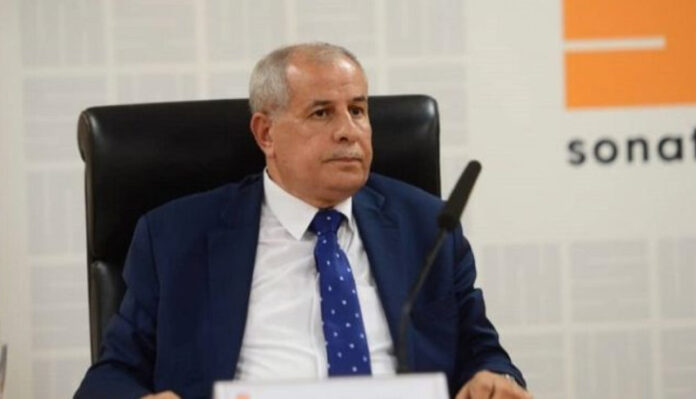Rachid Hachichi has been dismissed from his role as head of Sonatrach less than a year after his appointment, with the announcement made Sunday on state television—noticeably without any official explanation. His replacement, Noureddine Daoudi, formerly led Algeria’s National Agency for the Valorization of Hydrocarbon Resources (Alnaft), and now takes the reins of the country’s largest state-owned enterprise.
The abrupt leadership change is just the latest episode in a long-standing pattern of instability at the top of Sonatrach. Since 1999, five different executives have cycled through the company’s highest post, often under unclear circumstances. The frequency of these turnovers has raised serious questions about Sonatrach’s ability to maintain a coherent long-term strategy in a sector that remains central to Algeria’s economy.
Hachichi’s departure also highlights a broader reality of how state power is exercised under President Abdelmadjid Tebboune. Strategic decisions concerning major public companies like Sonatrach are made within a tight inner circle, without public scrutiny or transparency. In this system, loyalty to political power often outweighs managerial competence, making top executives easily replaceable when they no longer align with the expectations—often unwritten—of those in charge. Sonatrach, like other major institutions, appears to operate less on long-term vision and more in response to short-term political calculations. The result is a management style rooted in control rather than strategy, which undermines both stability and investor confidence.
Daoudi steps into his new role amid mounting economic pressure. The Algerian government is eager to reinvigorate its oil and gas sector and bolster state revenue through increased foreign investment. His background at Alnaft, the agency responsible for overseeing exploration licenses and tendering processes, suggests a possible shift toward streamlining investment frameworks and improving efficiency. Authorities seem to be betting on a more pragmatic, investment-friendly approach.
Still, Daoudi inherits a company facing immense challenges. There’s pressure to maintain momentum on major development projects, secure existing export agreements, attract new capital, and reform the governance structure from within. His ability to navigate these tasks will be critical—not just for Sonatrach’s future, but for Algeria’s broader economic trajectory.
Behind the scenes, rumors persist about internal tensions that may have contributed to Hachichi’s removal. One name that has surfaced in certain circles is Ghar Djebilet, a strategically significant iron ore deposit in the southwest of the country. However, at this stage, there is no verified link between that project and the leadership shake-up at Sonatrach. The site does carry immense industrial and geopolitical weight, but no evidence has emerged tying it directly to Hachichi’s departure.
What is clear is that opacity remains a defining feature of Sonatrach’s leadership shifts. Past CEOs have also been dismissed with little to no explanation—some following legal investigations, others for reasons that remain unknown. This continued lack of transparency fuels uncertainty, both at home and abroad, particularly among international partners who are left in the dark about the company’s long-term direction.
Daoudi may have the sectoral knowledge and administrative experience to take on the challenge, but he steps into a role fraught with political and operational pressure. The expectations are high, and the margin for error is narrow. The task ahead isn’t just to manage Algeria’s oil and gas behemoth—it’s to stabilize it, restore its credibility, and chart a path forward that prioritizes sustainable governance over political expediency.





